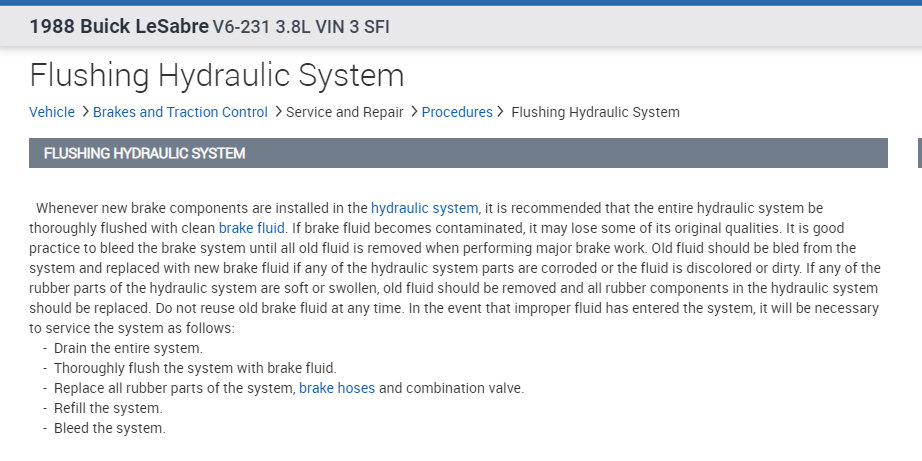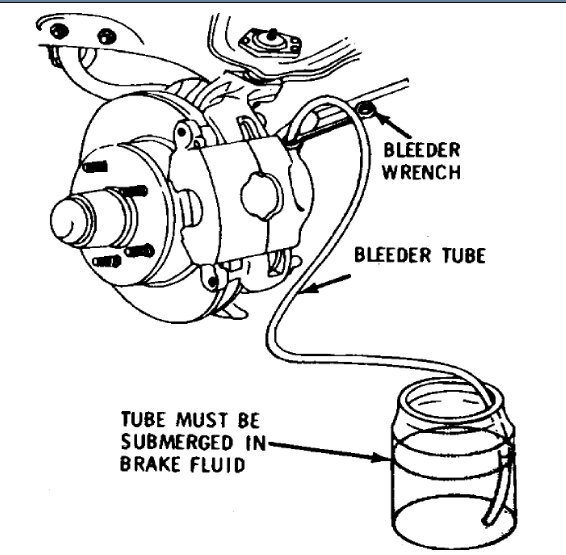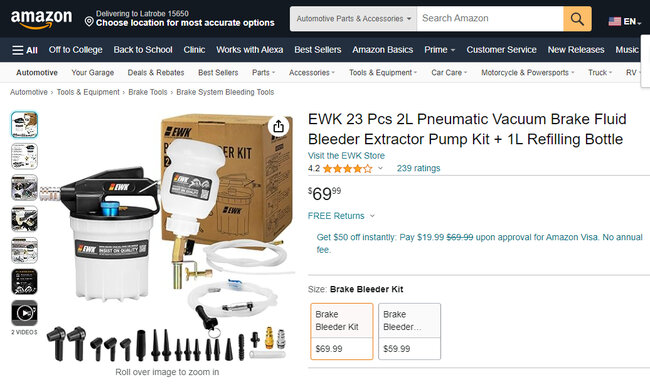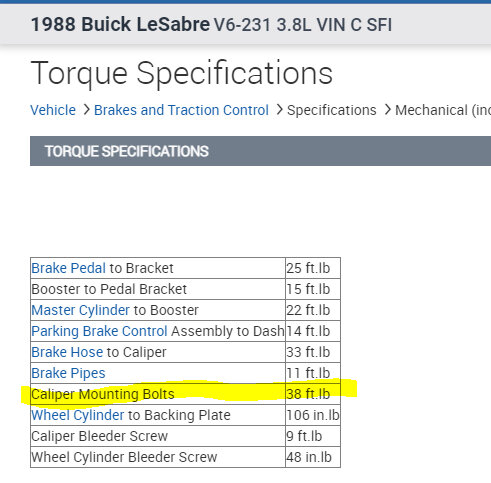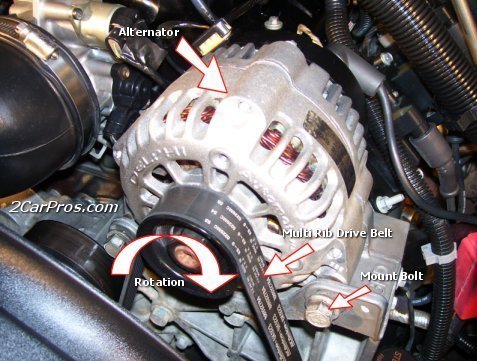After barely restarting the engine and making it home, I immediately opened the hood, and found the battery case was overheated and misshapen-- the lower battery case bottom portion actually swelled outward.
Despite my effort to cool and recharge the battery, I soon learned the battery had developed into a dead cell. With the cell cover removed, I found the charging current made every cell but one issue a tiny bubble periodically, which indicates a dead cell.
This four-year-old battery could have failed on its own, but that also suggests a failing alternator regulator might have killed the battery from chronic over-voltage during charging.
So, that is the question-- which could have come first, the battery bad cell or a bad regulator?
* PS-- Having a battery or alternator fail silently is a problem. To prevent something like this from taking me by surprise ever again, I plan to mount an alternator output voltage meter somewhere on the dashboard. Do you have any suggestions about this approach?
SPONSORED LINKS
Monday, August 28th, 2023 AT 3:47 PM
